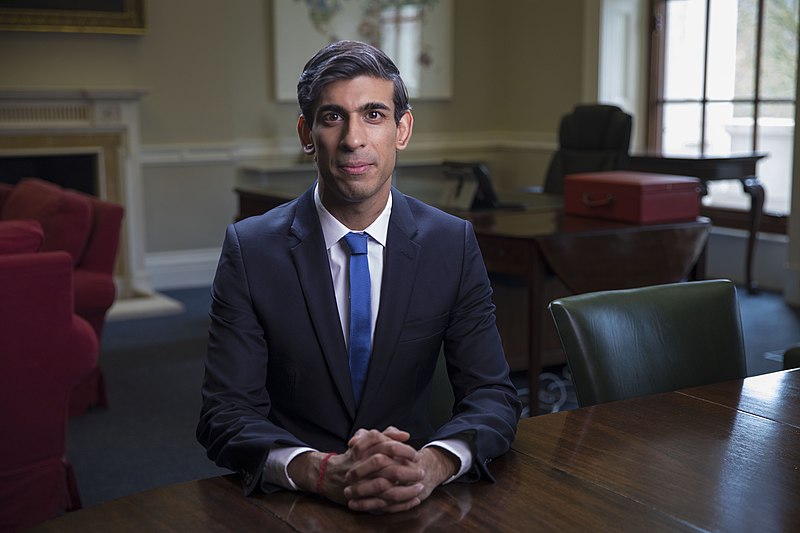
In a recent development, Prime Minister Rishi Sunak has been found to have inadvertently neglected to disclose his wife's financial stake in a childminding agency,
as determined by the parliamentary watchdog for MPs' standards.
The investigation, overseen by Daniel Greenberg, the parliamentary commissioner for standards, cited that this lapse was due to a "misunderstanding" of the regulations rather than a deliberate omission.
Mr. Sunak conveyed his acknowledgement of the ruling and expressed his apologies in a letter addressed to Mr. Greenberg.
The inquiry has now been officially concluded, with no further actions to be taken against the Prime Minister.
The controversy emerged subsequent to a complaint submitted to Mr. Greenberg following Mr. Sunak's appearance before the Commons Liaison Committee back in March.
During this session, Mr. Sunak was questioned about his policy to offer incentives for individuals considering becoming childminders. The initiative involved doubling payments for those who enlisted through six private childcare firms endorsed on the UK government's official website, with the funds intended to cover associated fees.
It came to light that Mr. Sunak's wife, Akshata Murty, possessed shares in one of these private firms, Koru Kids. However, when asked about any potential declarations, Mr. Sunak stated, "No, all my disclosures are made in the usual manner."
Following an investigation, Mr. Greenberg determined that Ms. Murty's shareholding constituted a pertinent interest that should have been disclosed to fellow MPs.
Mr. Greenberg contended that even if Mr. Sunak had not been aware of the shareholding during his appearance before the committee, he had gained knowledge of it when he subsequently penned a letter to the committee's chairperson, Sir Bernard Jenkin, in an attempt to clarify matters. Mr. Greenberg argued that Mr. Sunak should have disclosed the interest at that juncture.
Mr. Sunak had indeed recorded the shareholding according to the stipulations for ministers to declare their financial interests. However, this particular record remains confidential and is maintained by civil servants.
A selection of these interests is made public through the list of ministers' interests. The independent advisor on ministers' interests guides the determination of which interests should be included in this publicly accessible roster.
Mr. Sunak defended himself by noting that three different independent advisors had advised him that his wife's shareholdings were not obligatory to disclose.
Mr. Greenberg, though accepting that Mr. Sunak believed that registering the interest was sufficient to fulfill his obligations, contended that he had conflated the act of registration with that of declaration. This confusion, as Mr. Greenberg asserted, led to the "failure to declare" and was, therefore, a result of an oversight on Mr. Sunak's part.
Mr. Greenberg indicated that he was concluding the inquiry through a procedure termed "rectification," a mechanism aimed at rectifying minor oversights in interest declarations. This approach avoids submitting a comprehensive report to the Committee on Standards and Privileges for potential further actions.
In response to Mr. Greenberg's findings, Mr. Sunak conceded that he had been unaware of the correlation between Koru Kids and his government's childcare policy during the Liaison Committee hearing. He clarified that this realization only occurred after the session, as outlined in a subsequent letter to Sir Bernard, the chair of the Liaison Committee.
Mr. Sunak expressed his realization that his letter to Sir Bernard had not adequately addressed the matter of declaration, as opposed to mere registration. He concurred with Mr. Greenberg's viewpoint that he should have explicitly declared the interest in the letter and extended his apologies for these unintended lapses. Mr. Sunak confirmed his acceptance of the proposed rectification process.



































